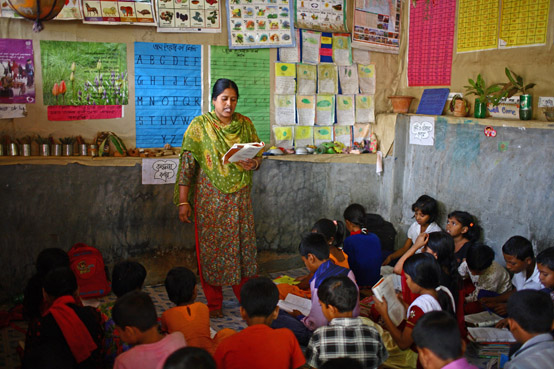UNESCO - New report on girls' and women's right to education: “Protect her rights, strengthen your laws”

Worldwide, 8% of States still explicitly restrict the right to education of pregnant and parenting girls in their legislation, according to UNESCO’s Her Atlas, an online monitoring tool on girls’ and women’s right to education launched by UNESCO in 2019, within the framework of ‘Her Education, our future’ initiative.
The main aim is to enhance public knowledge and monitor the status of national constitutions, legislation and regulations related to girls’ and women’s education rights, in order to encourage countries to take action to improve their legal frameworks. The findings are summarized in the report “Protect her rights, strengthen your laws” published on 12 July 2022, marking the completion of the first monitoring phase.
The new report highlights some key trends outlined by the monitoring work, and emphasizes examples of legal provisions guaranteed by States’ domestic legislation and regulation. Reaffirming the importance of solid national legal frameworks that are rights-based, gender-responsive and inclusive, the Report covers various topics such as duration of compulsory and free education, age of marriage, gender-based violence, and right to education during pregnancy, in addition to ratification of international treaties.
As Her Atlas is regularly updated in the lead-up to 2030 – the deadline set for the achievement of Sustainable Development Goal 4, this report will also be updated periodically, to reflect the changes in legislation over the world.
In 1948, the Universal Declaration of Human Rights recognized for the first time a universal right to education. Despite important progress since then, like the remarkable expansion of access to education, the right to education is still far from being a reality for many girls and women: more than 127 million are out of school around the world, according to UIS data.

